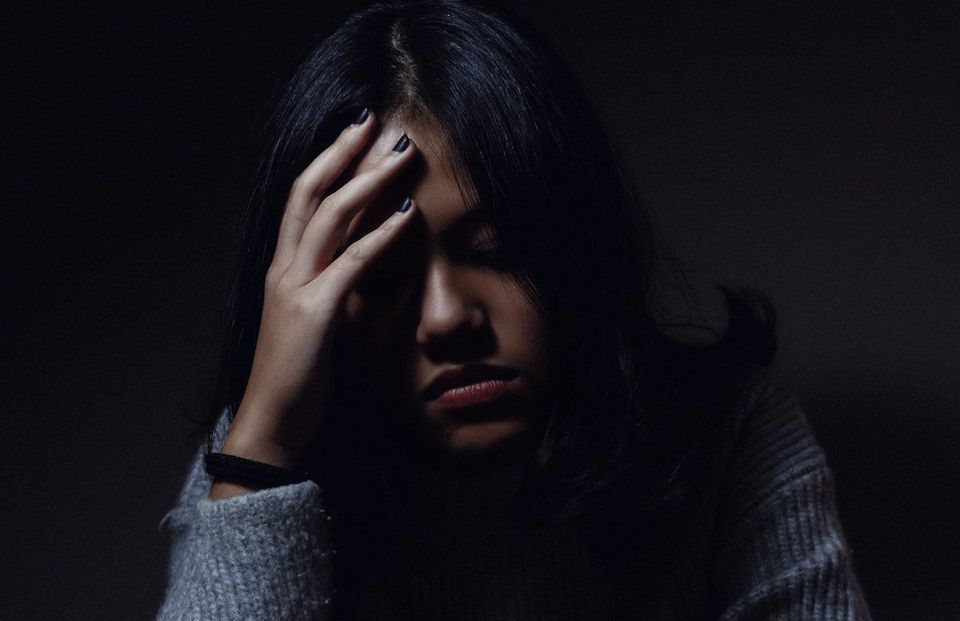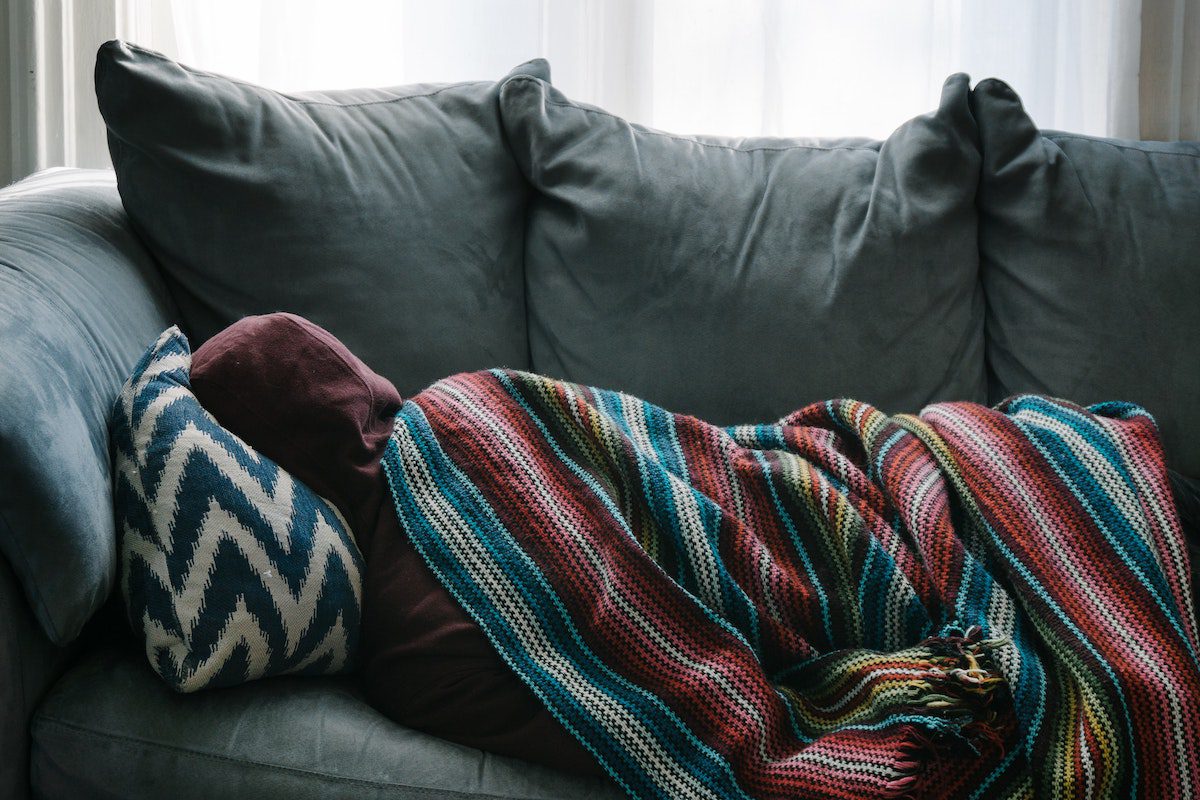Kick Anxiety Without Addiction

Anxiety is an all-too common problem, and for decades, has only seen a few solutions. Anxiety can be a complex psychological situation that is unique to every person, and therefore needs solutions that more people can safely and easily access.
At Seven Cells, we believe that your life and health can be optimized by the incredible pharmaceutical advances and cutting edge techniques available in 2022, but all too often, the mainstream pharmaceutical industry pushes the same old products they’ve been pushing for decades. Sometimes, those older solutions are exactly what you need, but sometimes, a new, better solution could be around the corner, just waiting for you to discover it.
We pride ourselves on helping our customers educate themselves, to ensure they are educated and knowing what they want when they talk to our medical staff about the prescriptions that could change and even save their lives.
If you’re suffering from any kind of anxiety, it will benefit you to learn more about the non-addictive anti-anxiety meds and techniques, including how propranolol for anxiety works.
Anxiety Disorders are Common
First, you should know that even though anxiety can be a terribly isolating experience, you are not alone. Anxiety disorders affect about 40 million adults in the United States every year. That means that in all likelihood, even when you’re feeling alone and like no one in the world could understand how awful you feel, there is likely someone else out there going through the same exact thing.
Because anxiety is an invisible illness, people tend to think that no one else around them is suffering, and that there’s something seriously wrong with them. It may be heartening to know that is simply not the case. Over 30% of adolescents aged 13-18 also suffer from anxiety. We live in an anxious society, and should be kinder to ourselves and each other about our invisible struggles.
What Exactly is Anxiety?
Anxiety is not just the feeling you have when you have a big test or a public speaking obligation coming up. It can present in a variety of ways depending on the person, and the disorder can have numerous triggers or causes.
Anxiety Symptoms

Like basically any psychological condition, the way that anxiety presents and feels can be wildly different from person to person. However, there are a few common symptoms of anxiety, and they can be indicators that it might benefit you to learn more. You might be suffering from anxiety if you’re experiencing any of the following:
- Feeling tense, nervous, restless
- A sense of impending doom
- Increased heart rate and breathing
- Trembling
- Sweating
- Feeling tired or weak
- Trouble concentrating and sleeping
- GI problems
Types of Anxiety Disorders
Like the symptoms of anxiety, the type of anxiety disorder can differ from person to person. Some anxiety disorders are inextricable from external causes, and so are specified by the trigger that kick starts anxiety symptoms.
These specified anxiety disorders include social anxiety disorder, which is triggered in social situations, and separation anxiety disorder, triggered by separation from a person or situation. Phobias are also tied to specific external triggers, and can be specific or general as well.
Agoraphobia, for example, is the fear of being outside, and can vary in intensity and trigger from person to person. Someone could also have a phobia of squirrels, which may seem silly to some people, but can cause anxiety and panic to the phobia sufferer.
More general anxiety disorders include the aptly-named generalized anxiety disorder, where someone suffers from constant anxiety. The degree of generalized anxiety can also vary and intensify in certain situations if comorbid with a specified anxiety disorder or phobia.
Panic disorder can also catch someone unawares with no apparent external trigger, or could also be tied to a specified anxiety disorder. In fact, many of the anxiety disorders can present as comorbid with another, which is why it’s important to seek the help of a medical professional to discover which, if any, you suffer from. Knowledge is power, and will help you to better treat your anxiety.
Common Anxiety Treatment
Contrary to non-addictive anti-anxiety medications, the top three most addictive anti-anxiety medications are benzodiazepines. Generally, they are considered safe and effective to treat anxiety symptoms such as panic attacks or insomnia. However, benzodiazepines were originally intended to be for short-term use, and the longer someone uses them to manage anxiety, the more at-risk they are for abuse and addiction, possibly causing more harm than good in the end.
Xanax, klonopin, and valium are the top three most addictive anti-anxiety meds. They work on your central nervous system to induce feelings of calm and relaxation.
History of Benzodiazepines
Benzodiazepines (commonly referred to colloquially as “benzos”) came into the public health sphere in 1955, and quickly became a promising alternative to barbiturates, due to their lack of respiratory depression. By the mid-to-late 1970’s, benzodiazepines sat atop lists of most commonly prescribed medications, but by the 1980’s, a problem with benzodiazepines emerged: abuse and addiction.
Long-term Benzo Use (and Abuse)
One of the biggest issues with benzodiazepine abuse and addiction is that they are often prescribed to people who already have proclivities for addiction. People with anxiety disorders are 2-3 times more likely to develop substance abuse disorders.
Combine that with the fact that benzodiazepines can provide a nearly euphoric experience for people suffering from anxiety. When anxiety is your natural state, the calm of benzodiazepines can be extreme relief.
Unfortunately, the effectiveness of benzodiazepines can wear down the longer someone uses them, so they’ll have to take more in order to reclaim the good feelings they initially had after taking the medication.
Added up, it’s a path for benzodiazepine abuse that unfortunately affects many people. The consequences of benzodiazepine addiction are no walk in the park, either.
Long term benzodiazepine users can be significantly cognitively impaired compared to people who didn’t use them long-term. In fact, taking benzodiazepines for only four months can change the way your brain works.
Physical dependence on benzodiazepines can manifest in withdrawal symptoms which can increase anxiety, insomnia, nausea, tremors, seizures, and hallucinations.
Luckily, medicine is constantly advancing. Whether you’ve never taken one, are a sometimes-benzodiazepine user, or have used them for longer than you’d like to admit, there is an alternative route to beating anxiety.
A New Way to Beat Anxiety

Of the emerging non-addictive anti-anxiety meds and techniques, propranolol for anxiety is coming out on top.
What is Propranolol?
Propranolol is a beta blocker, which means that it can help manage heart rhythms. Taking propranolol can slow your heartbeat, reduce sweating, trembling, hyperventilating, and flushing.
Propranolol was discovered more than 50 years ago, and since then has been found therapeutic for both cardiovascular and noncardiovascular indications. After its discovery, it was used to treat a variety of conditions, including hypertension, cardiac arrhythmias, myocardial infarction, hyperthyroidism, migraine, portal hypertension, and essential tremors.
Physicians have found that because propranolol slows your heart rate, making it easier to pump blood around your body, it can effectively increase available oxygen and reduce or even eliminate physiological anxiety symptoms.
How Does Propranolol Help With Anxiety?
Taking propranolol for anxiety means that instead of interfering with your central nervous system, you’re targeting the cardiovascular symptoms of anxiety. When anxiety symptoms such as a racing heart, hyperventilation, sweating, and flushing are suppressed by propranolol, your body feels calm.
When your body feels calm, it can help you to feel calmer as well. Anxiety symptoms can often continue to perpetuate themselves, whereas taking propranolol for anxiety can stop the symptoms in their tracks and increase available oxygen in your body, making it easier for your brain to follow suit and relax also.
Benefits of Propranolol
One of the first major benefits that propranolol has over benzodiazepines is that it does not have the same danger of abuse and addiction that benzodiazepines carry. It feels good to have your physical anxiety symptoms suppressed, but not as euphoric or mind-altering as benzodiazepines can make you feel.
Another benefit of propranolol is that there’s no need for a daily regimen. You can simply take it before you head into a situation that will make you anxious– an important performance review at work, a public speaking engagement, or a tense social situation, and feel calmer knowing that you won’t be sweating or finding it hard to breathe.
Is Propranolol Right for My Anxiety?

The causes, symptoms, and triggers for anxiety are unique in every person. For people without propensities toward addiction, benzodiazepines are a safe and effective solution when taken short-term.
On the other hand, propranolol may be an excellent choice, as an effective solution that helps the body fight against anxiety. As a non-addictive, take-as-needed solution, propranolol stands out.
If you think that propranolol could be just the safe, effective solution for anxiety that you need, why not consult with our dedicated medical staff today?
Want to learn more?
Sign up for our newsletter for everything wellness.

